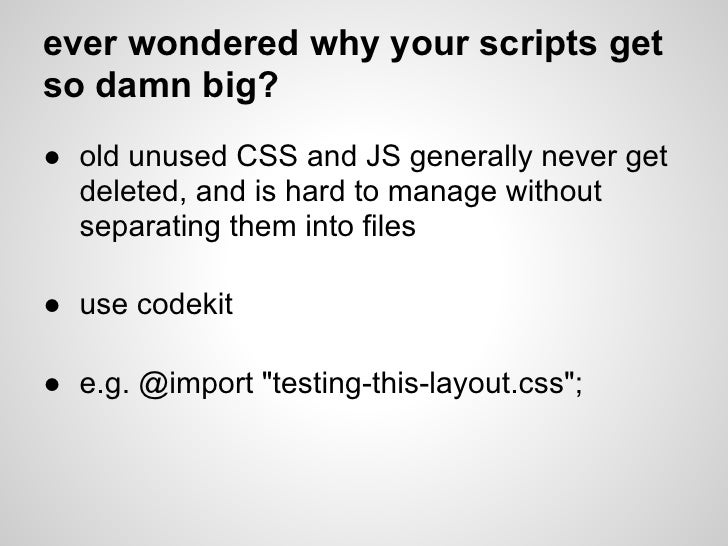
If you are not into using the command line, here’s a list of 10 applications that make it simpler to compile Less and Sass files. but it’s easier to get support and find existing CSS frameworks that support Less and Sass.ĬSS Preprocessors help web designers become more efficient, but compiling them is another story. There are also few other CSS Preprocessors such as Stylus and DtCSS, etc. Sass, on the other hand, feels like a more matured preprocessor and is now supported by both Bootstrap and also the Foundation framework. Less also gained popularity due to its use in the Bootstrap framework.

less files on the fly using JavaScript (although that’s not recommended for production sites). Getting started with Less is much easier since you can compile. There are several CSS preprocessors, but the two most widely used are Less and Sass. Managing the styling of complex sites is now much easier thanks to CSS Preprocessors. With pre-processors we don’t need to scroll to long CSS files or type same things again and again. And tell him I sent you.Managing CSS files has been a messy affair until CSS preprocessors. Make developer Bryan Jones happy and just buy the damn thing already. For the moment it's in a class by itself. Of course there are other similar tools, Prepros probably being the next best, but none offer the refinement of CodeKit. This thing is a treasure trove of usefulness. It's easily my current favorite app for web development simply because it automates so much without ever feeling bloated. CodeKit performs so many performance-enhancing functions with minimal effort on your part, you can’t help but be more efficient. If you’ve been dragging your feet because you don’t want the hassle of the command-line then you're out of excuses. An Essential ToolĬodeKit is as close to a no-brainer recommendation I have found for anyone who works with front-end code.
Compass codekit update#
The most recent update seems to have addressed some of the problems but I suspect there’s a lot more work to be done. I frequently have installation problems and even Brian, CodeKit’s developer, has said it’s been a pain to get it working smoothly (apparently he considered ditching it completely). One area I have had issues with is the Bower component installer. There are a few of these small nits and while annoying none are deal-breakers. One example is libsass, a screaming fast alternative Sass compiler which at the time of writing was not compatible with the Compass framework, though I believe that has changed.


It automates the compiling of numerous languages and installation of hundreds of frameworks, all of which allow you to work more efficiently with CSS, HTML and javascript, and frees you from having to use the Terminal which is often why people don’t try these tools in the first place. Its Reason for BeingĮssentially CodeKit provides a unified interface from which you “watch” projects that may use any of a dizzying array of development frameworks and languages such as Sass, Compass, Bourbon, Haml, Kit, Stylus, LESS and many, many more.

Be aware of this issue if you plan to update to 10. Consider TailwindCSS or Bourbon instead, which are also part of CodeKit. 10.9 ships with Ruby 2.0 as the default environment and these libraries are currently crashing in Ruby 2.0, which brings down CodeKit itself. In many ways adopting a preprocessor workflow proved a game-changer for me, but like most things there’s always room for improved efficiency, and for me that came in the form of an app named CodeKit. ChunkyPNG and OilyPNG (two Compass dependencies) have been updated to attempt to resolve a crash thats occurring on the 10.9 Mavericks Developer Preview. I was late to the preprocessor party, but now that I’m a daily Sass user I’m slowly exploring a myriad of other front-end development tools.


 0 kommentar(er)
0 kommentar(er)
